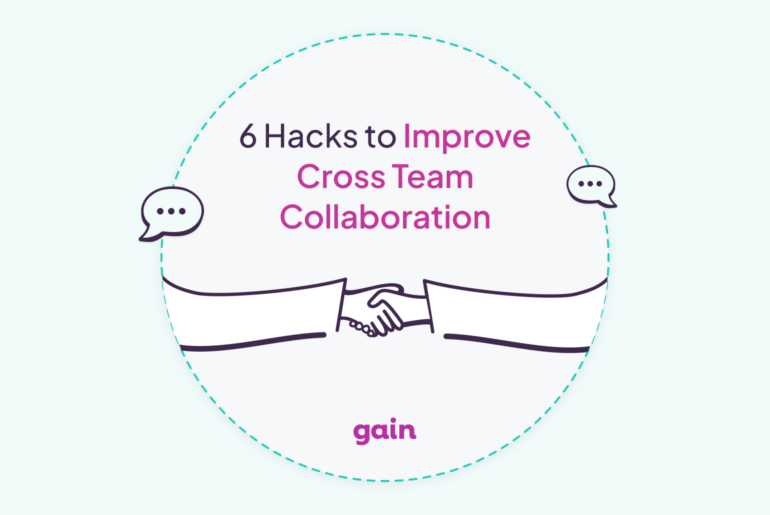Mindfulness has become a trendy word used in and out of the workplace.
While each person may define and practice it differently, it generally refers to focusing attention on the present moment.
You may be thinking how can I be mindful at work when my job is so stressful?
That’s a problem many have. But mindfulness, and mindfulness practices, can help reduce this stress.
Being mindful at work means you are consciously present and notice new things. You are aware of yourself (how you’re feeling, what you’re doing), and you’re aware of others around you.
One example that we all often do is let our mind wander to something that annoys us. We stop concentrating on the task we’re doing and start thinking about how a coworker left early every day this week or how someone on the team misspelled words in the latest blog.
Being mindful means bringing your mind back to the task at hand.
Of course, it’s not easy. But mindful activities, which include meditation, in the workplace really help. And they can improve the productivity of the entire team.
Mindfulness leads to better decision-making

A UCLA study found that people that consistently meditate have larger amounts of gyrification or folding of the brain’s cortex. Gyrification increases the surface area of the brain and enhances neural processing. The study implied that regular mindfulness can essentially improve the way the brain processes information and makes decisions.
Agencies make thousands of micro-decisions each day (and big decisions every week, at least). Your mindful employees could potentially make better decisions, which improves campaigns and productivity.
Mindfulness can reduce workplace conflict

With so many different creative minds on one team, conflict, at some point, arises at an agency. And sometimes this is OK if it leads to productive output. However, if team members leave the conflict angry, then this is a toxic work environment.
A mindful workplace handles conflict by focusing on the problem, keeping the team aware of each other’s feelings, and maintaining sensitivity and respect. This strategy encourages healthy discussion, and team members walk away with a creative resolution.
Mindfulness helps solve problems

Another study found that students who meditated for 20 minutes could solve significantly more problems that were previously unsolvable. Researches saw that by maintaining an alert state during meditation, the students found insights into the unsolved problems. This showed that a mindful state, rather than simply a relaxed state, helped solve the problems.
Between demanding clients and multiple campaigns, marketers have to solve numerous problems throughout the day. If you’re stuck or your team doesn’t know how to move forward, it may be worth taking 20 minutes to meditate. Then, look at the problem with a clear head; you may be surprised to find that you thought of a new, improved solution.
Mindfulness is a stress-reducer

We all experience stress at work. Those that have found a completely stress-free work environment are incredibly lucky. For agencies, this is near-impossible even on a functional, high-performing team. Clients create a lot of stress, and there is no getting away from that.
Mindfulness can help reduce that stress. Encouraging mindful activities may help your team get through a tough client meeting or come down from a stressful call.
Mindful workplaces are growing in popularity as work environments become more demanding and competitive. Mindful activities help keep productivity high and stress low.
While it can’t solve every problem, mindfulness can help teams make better decisions and stay united.






